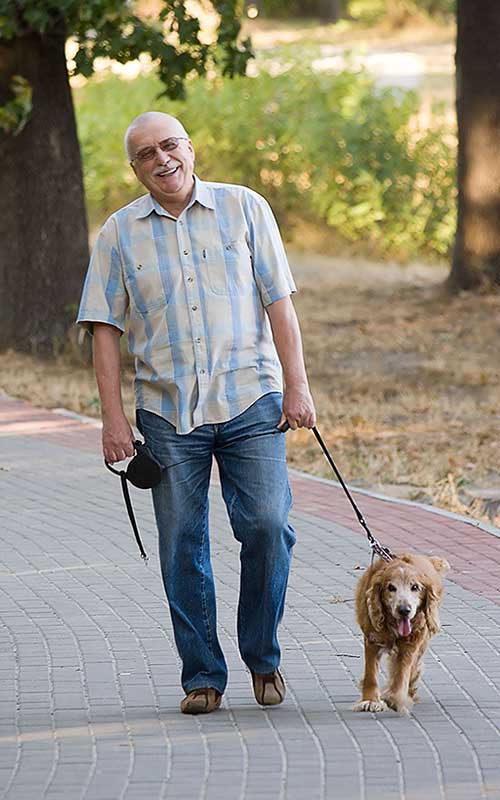 Every week we get calls from around the world asking us the same question. “Can you recommend someone who would look after our ageing parents back in India?”.
Every week we get calls from around the world asking us the same question. “Can you recommend someone who would look after our ageing parents back in India?”.
Unfortunately, in most cases the short answer is “no”.
While India may be the head quarters of outsourced services for the software and back-office industries, we are as yet unable to find high-quality service providers for looking after ageing parents.
This is not just because there are so few such home health care agencies ready to take on such a role, but is also because of the myriad constraints that the NRIs and their parents put on the potential service providers.
Ideally what you are looking for is a continuing care facility or a multi-level care facility such as those found in the west which provide all the services necessary to an ageing resident, whatever be their physical and mental condition, now and in the future.
Such establishments are rare in India, at this point in time, though a few are coming up in various parts of the country.
Realistically though, for now your best option is to find an immediate family member or a close relative to look after your parents and arrange for a home healthcare service provider to assist the family member/relative in the care giving process.
Options
If an immediate family member or close relative is not available, look out further for a relative, who because of financial reasons, would be willing to stay with your parents and look after them for a monthly salary. This would be a win-win situation for both parties as it gives you a dependable and trustworthy resource to be your representative at home while providing this relative with boarding, lodging and a certain amount of financial independence. Of course, it may not be fair to have them look after all aspects of caregiving (depending on the condition and needs of your parents). So, you can arrange for professional home care service provider to assist this person in the routine aspects of caregiving.
In the next article we will see what are the common constraints people face and how some of those could be tackled.


